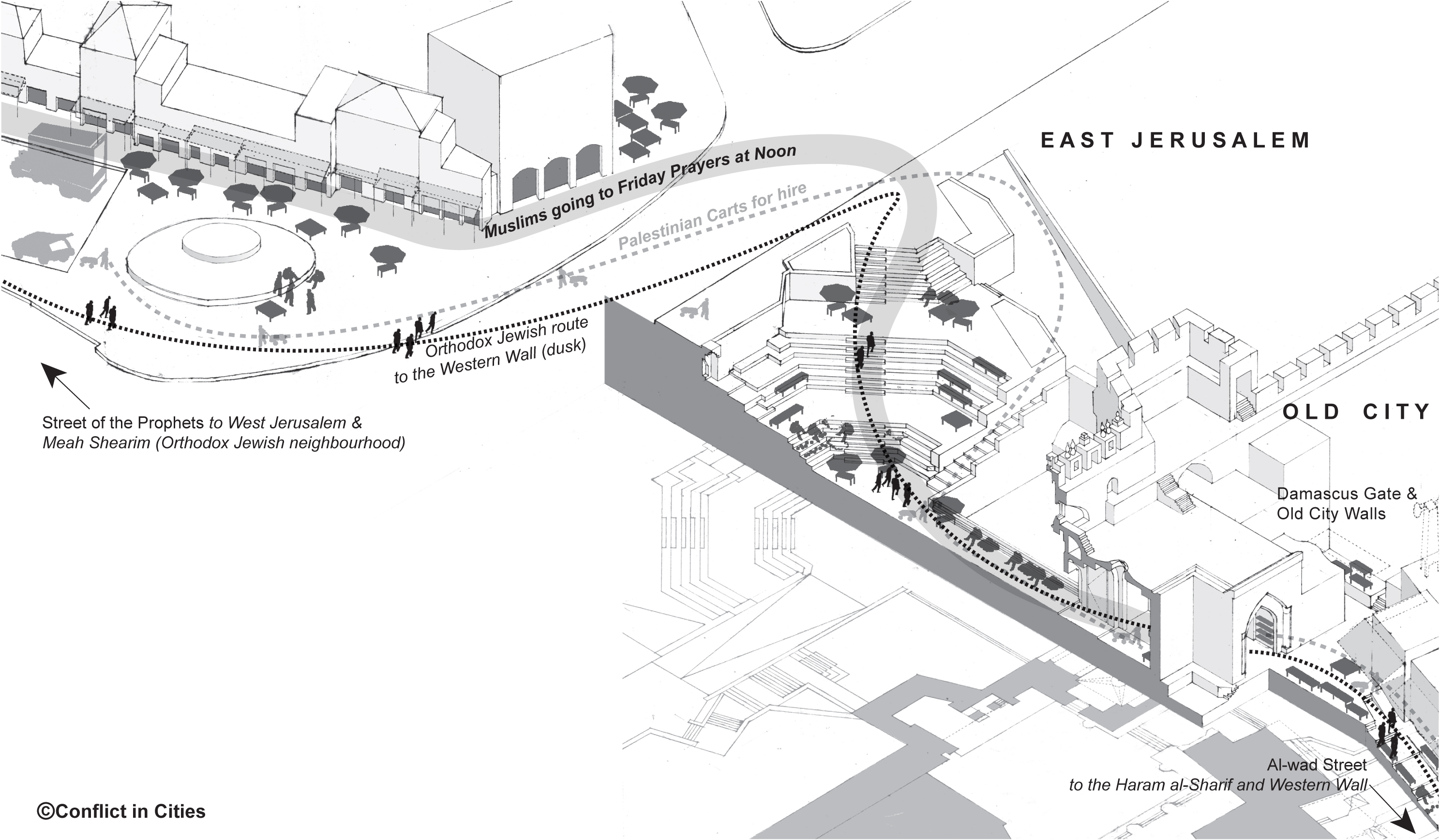
The Centre for Urban Conflicts Research (UCR) is an interdisciplinary centre based at the Martin Centre in the Department of Architecture at the University of Cambridge.
Cities are, arguably, our most complex creations, and urban density is rapidly increasing. With the majority of today’s conflicts now taking place in cities, the problem has been recognised as one that requires more research and better understanding in both matters of policy and practice.
UCR is dedicated to investigating cities that experience extreme or particular conflicts, including those caused by ethnicity, nationalism, religion, class or race.
Deriving from an architectural and spatial approach to the city, UCR has expertise in understanding the relationship between policy and planning issues and everyday life. It is particularly concerned with the possibilities for resilience and long term urban transformations.
UCR’s activities focus on four main areas: research, consultation, communication and education. It includes ongoing research projects of various size and scope; these are based at the University Cambridge and done in partnership with other institutions. UCR enjoys an international network of collaborating scholars and practitioners.
UCR endeavours to make its research relevant and accessible to individuals and groups beyond academia, and is available in a consultation and advisory capacity. Communication takes a variety of forms, including: conferences and seminars, policy briefing papers, visual research, as well as UCR’s own website.
Individuals and groups who wish to become involved with the Centre’s work can apply to become associate members. Graduate students working on urban conflict at Cambridge are invited to be UCR members. They take part in its activities and benefit from its research.
The UCR builds upon ten years of research in projects supported by the Economic and Social Research Council of the UK, including ‘Conflict in Cities and the Contested State’.

